Dairy Food Group Worksheet
The Dairy Food Group worksheet is designed to help individuals understand the importance of including dairy products in their diet. This worksheet is suitable for both educators and students who are looking to learn about the different types of dairy products, their nutritional benefits, and the recommended daily servings.
Table of Images 👆
More Food Worksheets
Printable Worksheets for French FoodDaily Food Intake Worksheet
5 Food Groups Worksheet
Food Production Worksheet Template
What are some examples of dairy foods?
Some examples of dairy foods include milk, cheese, yogurt, butter, cream, and ice cream.
Why are calcium-rich dairy foods important for our bodies?
Calcium-rich dairy foods are important for our bodies because they provide a significant source of calcium, a mineral crucial for healthy bones and teeth, muscle function, nerve signaling, and blood clotting. Consuming dairy products helps maintain strong bones and prevent conditions such as osteoporosis. Additionally, dairy foods often contain other essential nutrients like vitamin D, vitamin K, phosphorus, and protein, which further contribute to overall health and well-being.
How does consuming dairy foods contribute to bone health?
Consuming dairy foods contributes to bone health because they are rich in calcium, which is a key mineral needed for building and maintaining strong bones. Additionally, dairy products contain other nutrients like vitamin D, phosphorus, and protein, which also play a role in supporting bone health and preventing conditions like osteoporosis. Calcium is particularly important for bone formation and density, making dairy products an important part of a balanced diet to support overall bone health.
What nutrients are commonly found in dairy foods?
Dairy foods are rich sources of essential nutrients such as calcium, protein, vitamin D, phosphorus, potassium, and riboflavin. These nutrients play crucial roles in supporting bone health, muscle function, and overall growth and development. Consuming dairy products regularly can help meet daily nutrient requirements for optimal health and well-being.
What are some alternative sources of calcium for individuals who cannot consume dairy?
Some alternative sources of calcium for individuals who cannot consume dairy include fortified plant-based milks (such as almond, soy, or oat milk), tofu made with calcium sulfate, leafy green vegetables (such as kale, bok choy, and broccoli), fortified orange juice, sesame seeds, chia seeds, almonds, and canned fish with bones (such as salmon and sardines). These options can help individuals meet their daily calcium needs without consuming dairy products.
How does the dairy food group contribute to a well-balanced diet?
The dairy food group contributes to a well-balanced diet by providing essential nutrients such as calcium, vitamin D, and protein. These nutrients are important for maintaining strong bones and teeth, supporting muscle growth and repair, and promoting overall health. Including dairy products in your diet can help prevent osteoporosis, improve bone health, and support a healthy immune system. Additionally, dairy foods like yogurt and milk can be a source of probiotics, which are beneficial for gut health.
How can dairy foods be incorporated into different meals and snacks?
Dairy foods can be incorporated into meals and snacks in numerous ways. For breakfast, you can enjoy yogurt parfaits, smoothies, or oatmeal topped with milk. For lunch, you can add cheese to sandwiches, salads, or wraps. For snacks, you can have cheese and crackers, yogurt with fruit, or cottage cheese with veggies. As for dinner, you can incorporate dairy into pasta dishes, soups, or casseroles with cheese, milk, or yogurt-based sauces. Additionally, dairy can be used in baking for desserts like cakes, cookies, and puddings.
What are some dairy products that are lower in fat content?
Some dairy products that are lower in fat content include skim milk, low-fat yogurt, and reduced-fat cheese. These options provide the nutritional benefits of dairy while being lower in saturated fat compared to their full-fat counterparts.
What are the potential health benefits of consuming dairy foods?
Consuming dairy foods provides essential nutrients such as calcium, vitamin D, protein, and phosphorus which are important for bone health, muscle function, and overall growth and development. Dairy products have also been linked to a reduced risk of osteoporosis, high blood pressure, and type 2 diabetes. Furthermore, they can contribute to a healthy gut microbiome and have potential protective effects against certain chronic diseases.
How does the dairy food group support overall nutrient intake?
The dairy food group supports overall nutrient intake by providing essential nutrients such as calcium, vitamin D, protein, and B vitamins. These nutrients are crucial for bone health, muscle function, and overall immunity. Incorporating dairy products into a balanced diet can help meet daily nutrient needs and promote overall health and well-being.
Have something to share?
Who is Worksheeto?
At Worksheeto, we are committed to delivering an extensive and varied portfolio of superior quality worksheets, designed to address the educational demands of students, educators, and parents.

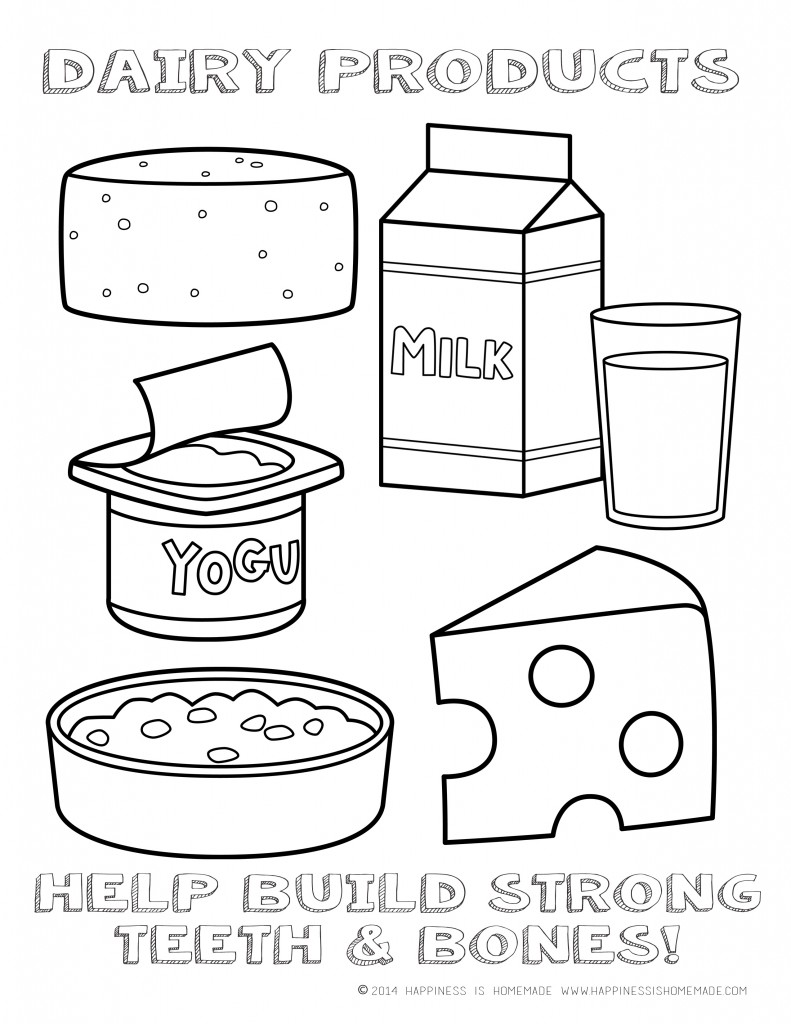



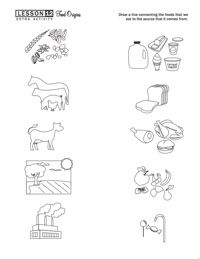


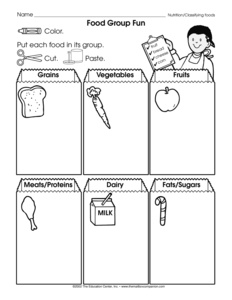
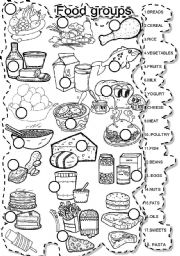
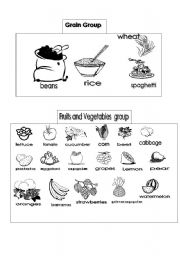

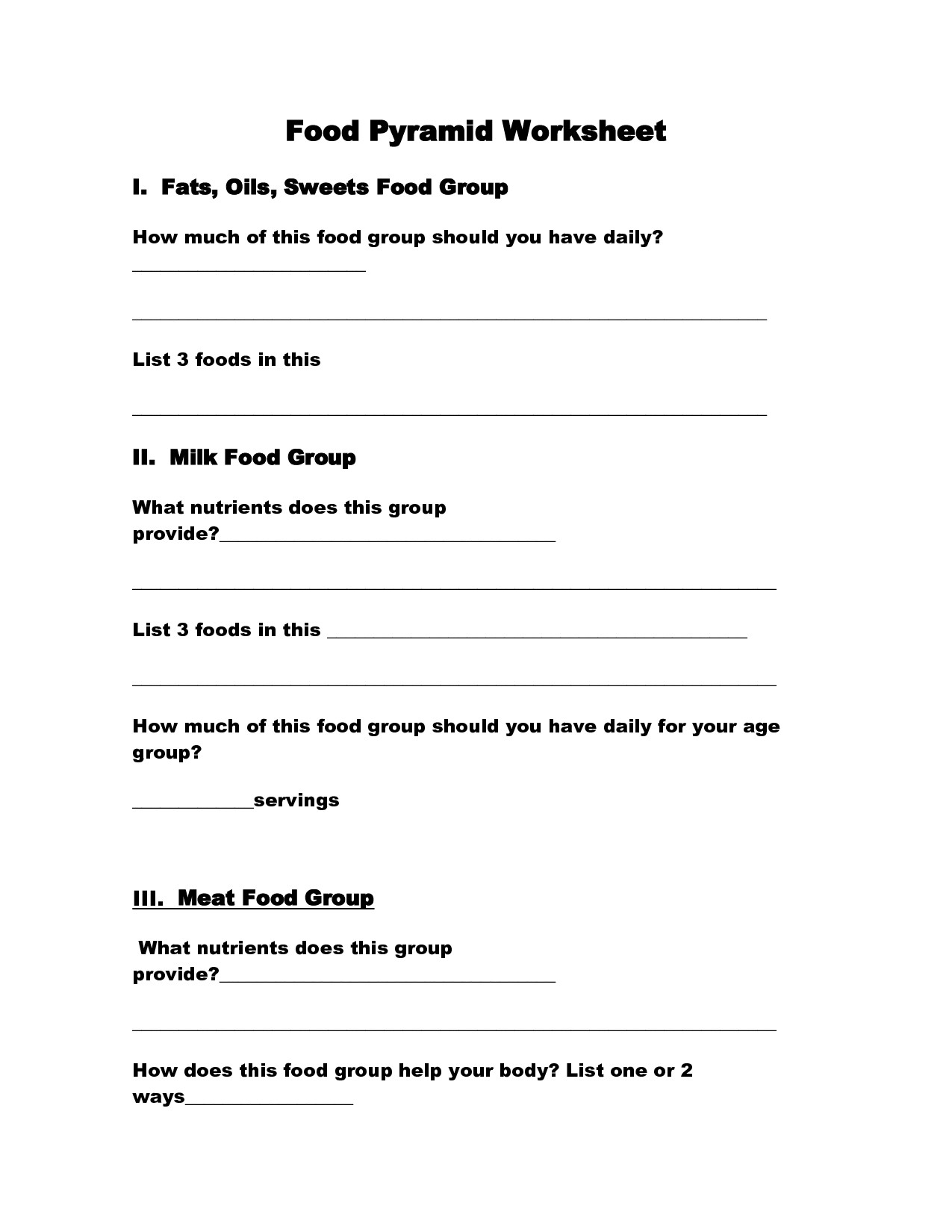
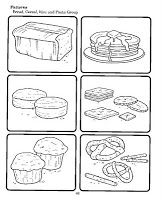













Comments